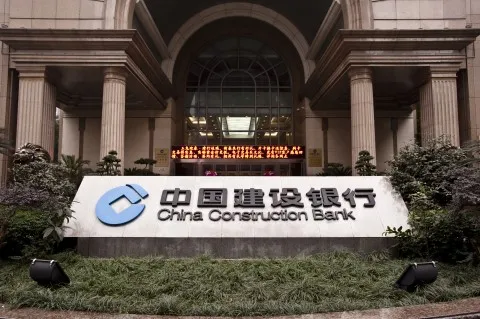
China banks expand household lending and wealth management business
Bank lending to households represent half of GDP and 82% of disposable income in 2017.
The Chinese banking sector has shifted its gears towards growing its retail business amidst a boom in household debt driving credit growth across the country, according to Fitch Ratings.
Commercial lenders are targeting faster expansion of their short-term household lending and personal wealth management business amidst intensified regulatory scrutiny over shadow banking operations.
Bank lending to households, which usually comprises of mortgage and consumption loans, represent 50% of GDP and 82% of disposable income as of end-2017.
Household debt similarly became the single largest component of new credit in the banking system for the first time in 2017, accounting for more than half of new loans and 37% of domestic balance sheet growth.
“A portion of this rise can simply be attributed to financial sector deepening, but in recent years, the rapid pace of housing sector and mortgage growth has been characterised as taking on a speculative dimension, prompting officials to impose stricter lending standards,” Fitch added.
The sustained expansion of household debt improves the overall structure, maturity profile and level of collateral buffers within China’s debt burden at the same time, allowing corporate deleveraging.
Here’s more from Fitch Ratings:
Higher household debt increases concentration in residential real estate. Nevertheless, we believe the nature of residential mortgages in China makes a US-style subprime crisis less probable in the near-term, as property cannot be collateralised for consumption and, in contrast to the US, lenders have recourse to all the borrower’s assets.
However, potential downside from a sharp slowdown in mortgage availability would have widespread ramifications. Any resulting fall in property prices could trigger a feedback loop familiar in property recessions elsewhere, whereby lower prices diminish the value of collateral, weakening banks’ lending capacity and driving prices lower still, with compounded negative effects for both banks and the real economy. This is particularly given the importance of new starts and construction demand for GDP growth. That said, it is also important to underscore that the pace of housing price appreciation has varied widely across the country, with tier 1 cities seeing much more significant price increases than their counterparts elsewhere.
Banks generally place high confidence in their property collateral to provide reliable and timely protection in the event of default and consider that low LTV ratios provide an adequate buffer against a property-market decline. Nevertheless, collateral valuation is an important downside risk given the Chinese context of rapid price appreciation. The history of financial crises shows that appraisal of property collateral can be misleading, as values can fluctuate significantly through economic cycles, and can be compromised by liquidity or enforcement hurdles.



















 Advertise
Advertise












